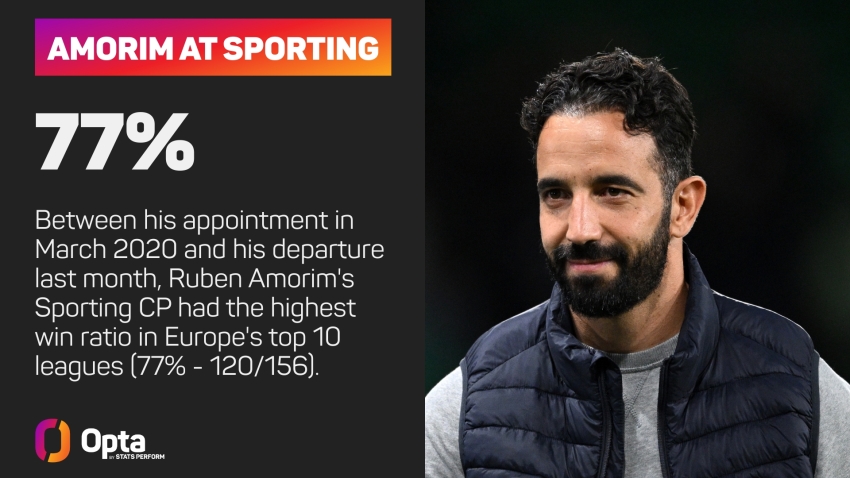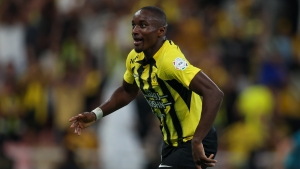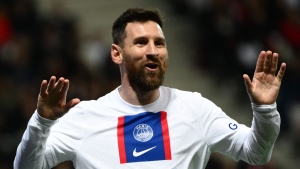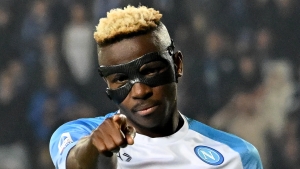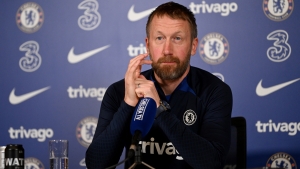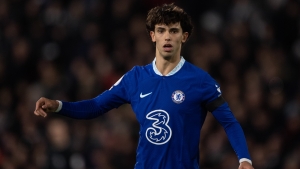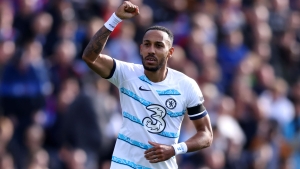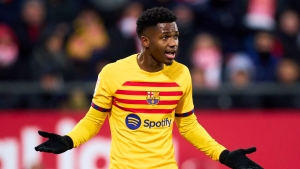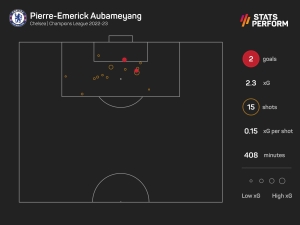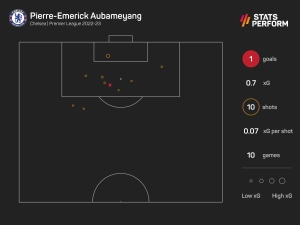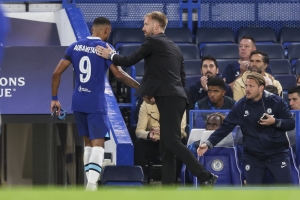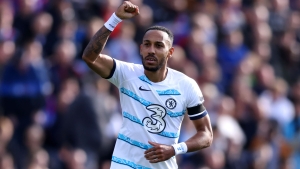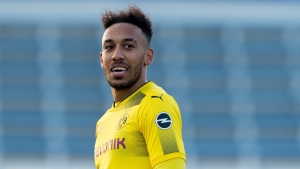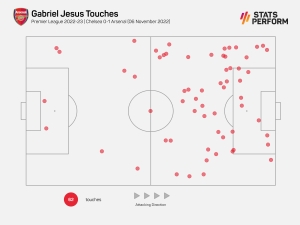Half a season is a long time in football.
At the end of the 2021-22 campaign, Liverpool had come within a whisker of becoming the first English team in history to win the EFL Cup, FA Cup, Premier League and Champions League in a single campaign.
Chelsea had reached two domestic finals, losing on penalties to Liverpool on both occasions, and finished third in the Premier League after initially threatening a title charge with their early season form.
As the two prepare to meet at Anfield on Saturday, they do so in very different places from then, sitting ninth and 10th in the league table respectively.
They both managed to win their last games 1-0, but there is a long way to go if they are to get back to where they expect to be, and Stats Perform has taken a look at where it may have gone wrong for the two stumbling giants.
Reds struggling to step up to the challenge
It has been a particularly harsh slide for Liverpool, who for the second time in recent seasons were denied the league title by Manchester City in May despite earning over 90 points, while an inspired performance from Thibaut Courtois stopped them in the Champions League final against Real Madrid.
The inevitable disappointment from those two blows has been suggested as one of the reasons why they have accumulated just 28 points from 18 Premier League games, having already lost three times as many as they did in their entire league campaign last season (6-2), and conceding just one fewer goal in less than half the games (25-26).
A lack of turnover in his previously trusted players has been another factor blamed for what has been a tired looking season from the Reds, and tired performances are understandably a significant problem for a team that thrived by overwhelming the opposition with their energy and high pressing.
Liverpool simply aren't executing as many high turnovers, averaging 9.4 per 90 this season, the fourth-most in the league, down from 11.7 last season when they produced comfortably the most (Man City second with 9.9 per 90).
One of the criticisms Klopp has been willing to make publicly of his team in recent games has been their struggle to win challenges, and he wasn't wrong as Liverpool have the worst record in the Premier League for duel success this season (47.4 per cent).
This could go some way to explaining why the number of big chances against them – defined by Opta as a situation from which a player should reasonably be expected to score – has exploded, having already allowed 54 in just 18 games, one more than the whole of last season, and 13 more than their total from the 2018-19 campaign when the team was entering its peak.
Compounding the problem, their ability to put away their own big chances has also fallen off a cliff, having led the league with a 55.3 per cent conversion rate last season.
Despite only Man City (67) creating more big chances than Liverpool's 60 this season, only Leicester City (25.8 per cent) have a worse conversion rate than their 26.7 per cent, less than half what it was last season.
The sale of Sadio Mane could be a factor given the Senegalese forward scored 14 of his 27 big chances in the league last season (51.8 per cent), while his primary replacement Darwin Nunez has only taken four of his 19 so far (21.1).
Things should settle if Nunez and new arrival Cody Gakpo can get close to their previous numbers. The Uruguayan put away 21 of his 35 in the Primeira Liga for Benfica last season, with his 60 per cent success rate the fourth-highest of players in Europe's top 10 leagues (min. 20 big chances), while Gakpo scored five of his 10 big chances for PSV in the Eredivisie before his move this season.
Blues in limbo after period of change
If the lack of squad replenishment is one of the main issues at Liverpool, it could be argued quite the opposite is true of Chelsea since their ownership change last May.
The £88.5million purchase of Mykhaylo Mudryk took the club's overall spending to £372.7m since then (according to Transfermarkt), with 13 new players coming in.
All that on top of swapping the head coach in September, with Thomas Tuchel replaced by the much-heralded Graham Potter, who had never coached a club of Chelsea's standing before.
While many put this down to same old Chelsea, changing their man in the dugout at the first sign of any trouble, it felt more like a statement of intent from Todd Boehly and co, wanting to put in place a long-term strategy with a progressive coach like Potter at the helm.
Despite a solid enough start, going unbeaten in his first nine games (W6, D3), a 4-1 humbling at former club Brighton and Hove Albion signalled the start of a prolonged wobble that has seen them lose another seven of their 11 games since.
Potter managed to turn the Seagulls into one of the most attractive and fluent teams in the league, with one particular stand-out metric being their high turnovers.
Between the start of the 2021-22 season and leaving for Chelsea last September, only Liverpool (11.4) and Man City (9.9) averaged more high turnovers per game than Brighton (9.8) in the Premier League.
During the same period, Chelsea averaged 8.2 per game, which has gone up to 8.9 under Potter, showing there is still a way to go before his new team will be fully able to implement his style of football.
There has also been a significant struggle to score goals, having only managed 22 at the halfway point of the league campaign – four fewer than Leeds United and Leicester City – after scoring 76 last season.
It is an interesting situation considering Brighton managed just 42 goals last season, with only Wolves and the three relegated teams scoring fewer, and many pointed to the fact Potter never really had an orthodox and accomplished striker to call on.
However, at Chelsea he has had Pierre-Emerick Aubameyang, who may not be what he once was but still scored 13 goals in 23 games for Barcelona last season. The Gabon international has found the net just three times in 16 outings for the Blues, and once in 10 games in the Premier League.
There is also the revolving door of players in and out of the side due primarily to injuries and Potter trying to ascertain his best team, making 60 changes to his starting XI already since his arrival, 21 more than any other manager in the league in that time.
With the talent and resources available to both Klopp and Potter, it would be safe to assume that this is probably just a bad patch for them and before long, the familiar figures of the Reds and the Blues will be back challenging the top four.
There are certainly issues to iron out for both though, and what better way to start than by adding further misery to the other at Anfield on Saturday?











